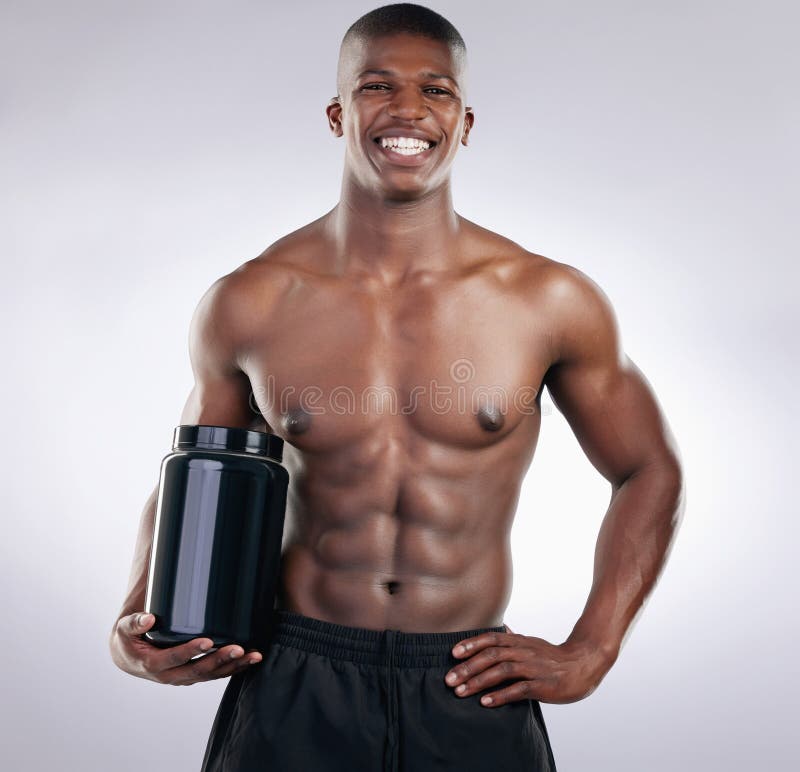Do athletes need more vitamins? Which nutrients are best for professional athletes? Just how can athletes boost their efficiency? These are common questions we hear from our customers. In todays article, we ll explore the best supplements for athletes and their benefits for health and wellness.
Well also resolve common sports nutrition misconceptions and give insights on ideal nutrients for sports wellness.
Why Do Athletes Required Supplements?
If your body doesnt obtain the nutrients it requires, it can not operate at its ideal. Reduced degrees of important nutrients can result in shortages and negatively effect sports efficiency.
Although a balanced diet regimen is crucial, professional athletes commonly need a lot more minerals and vitamins due to their increased exercise. When you sweat throughout workout, you lose crucial nutrients such as salt, chloride, magnesium, calcium, zinc, and potassium. In many cases, preserving optimal nutrient levels may call for additional supplements or specialized sporting activities beverages, especially if you follow a requiring health and fitness regimen.
What Are the very best Supplements for Professional Athletes?
While all vitamins and minerals are essential, some are especially beneficial for athletes.Join Us monstersteroids.co website Right heres an overview to nutrients to improve athletic efficiency and the crucial vitamins for professional athletes:
B Vitamins
Each B vitamin- consisting of folate, thiamin, riboflavin, niacin, B6, B12, pantothenic acid, and biotin- plays a special role in the body. B12, specifically, is essential for red cell production and DNA synthesis, which are essential for athletic efficiency. Vitamins B12 and B6 help in reducing fatigue and exhaustion, and support the typical performance of the nervous system and immune system. Our B Complicated supplement gives a broad variety of B vitamins that sustain general health and well-being.
Magnesium
Magnesium is understood for its role in muscular tissue and nerve function, yet it is associated with over 300 biochemical reactions in the body. Research study shows that athletes may have higher magnesium demands, which can profit performance and healing. Magnesium supports:
- Energy production
- Gene upkeep
- Muscle mass feature
- Protein synthesis
- Normal nerve function
Endurance athletes, particularly, could safely take in 500 to 800 mg daily, with recurring disputes regarding whether greater quantities are beneficial.
Vitamin D
Vitamin D is crucial for numerous regulative processes in the body, consisting of maintaining a healthy and balanced immune system, bones, and muscle mass. It also helps in electrolyte metabolism, protein synthesis, and gene expression, all essential for both elite and leisure athletes. Our high-dose vitamin D3 from AAVALABS consists of 5000 IU per softgel capsule, incorporated with additional virgin olive oil for ideal absorption. This supplement is devoid of irritants, gluten, and GMOs, using a top quality alternative for fulfilling your vitamin D demands.
Taking one pill every 5 days- equivalent to an everyday consumption of 25 micro; mini; g (1000 I.U., 500% RM)- can help stop or remedy a vitamin D shortage, particularly during the cold weather.
Vitamin C
Even small vitamin C shortages can affect workout efficiency. As an antioxidant, vitamin C shields muscle cells from oxidative damages, which helps in healing and development. Additionally, its vital for collagen formation, which is vital for preserving healthy and balanced ligaments, tendons, skin, and muscle mass- essential worries for any professional athlete.
Zinc
Reduced zinc degrees can lead to lowered bone mineral density and increase the threat of fractures. Zinc is very important for collagen formation, bone healing, and stopping osteoporosis. Zinc supplements are usually advised for professional athletes to sustain these features.
Various other valuable nutrients for athletes include potassium, sodium, caffeine, nitrate, bicarbonate, beta-alanine, BCAA, and glutamine.
Sport Nutrition Misconceptions to Be Knowledgeable about
Comprehending the function of vitamins and minerals is crucial, yet its just as vital to be familiar with usual sports nutrition misconceptions. In the world of sports, lots of false impressions can mislead professional athletes.
Myth # 1: The More Protein You Consume, the More Muscular Tissue You Will Certainly Gain
While protein is crucial for muscle growth, many athletes can meet their protein requires through a balanced diet regimen without additional supplements. Healthy healthy protein sources include fish, poultry, nuts, seeds, tofu, and vegetables.
Myth # 2: All Fat Is Unhealthy
Dietary fats are crucial for overall health and wellness. The secret is to pick unsaturated fats over saturated fats. Polyunsaturated fats, consisting of omega-3 and omega-6 fats, are particularly helpful for maintaining wellness.
Myth # 3: Supplements Are a Waste of Money
According to our Head of Item Development, Libby, the misconception that we can get all required nutrients from food alone is outdated. Nutrient-depleted soils and differing nutritional requirements, such as veganism, mean that food supplements are frequently essential to meet our dietary demands.
Myth # 4: Energy Bars Are the most effective Way to Gas a Workout
While energy bars are convenient, they usually have preservatives, sugar, and emulsifiers. For much healthier choices, think about homemade treats that are devoid of artificial additives.
Striking an Equilibrium Is Trick
One usual misunderstanding about supplements is that even more is much better. This is not true, also for professional athletes. Supplements ought to complement a healthy and balanced diet plan, not change it.
Prior to including supplements, ensure your diet plan includes a selection of fruits, vegetables, healthy fats, grains, and protein. Seek advice from a sporting activities physician or nutritionist to customize the ideal supplement regimen to your individual needs. Selecting the proper supplements can enhance your results better than randomly taking numerous items or overdosing.
As Libby claims: Every person has unique dietary and way of life needs- there is rarely a one-size-fits-all supplement suggestion.
rdquo;
